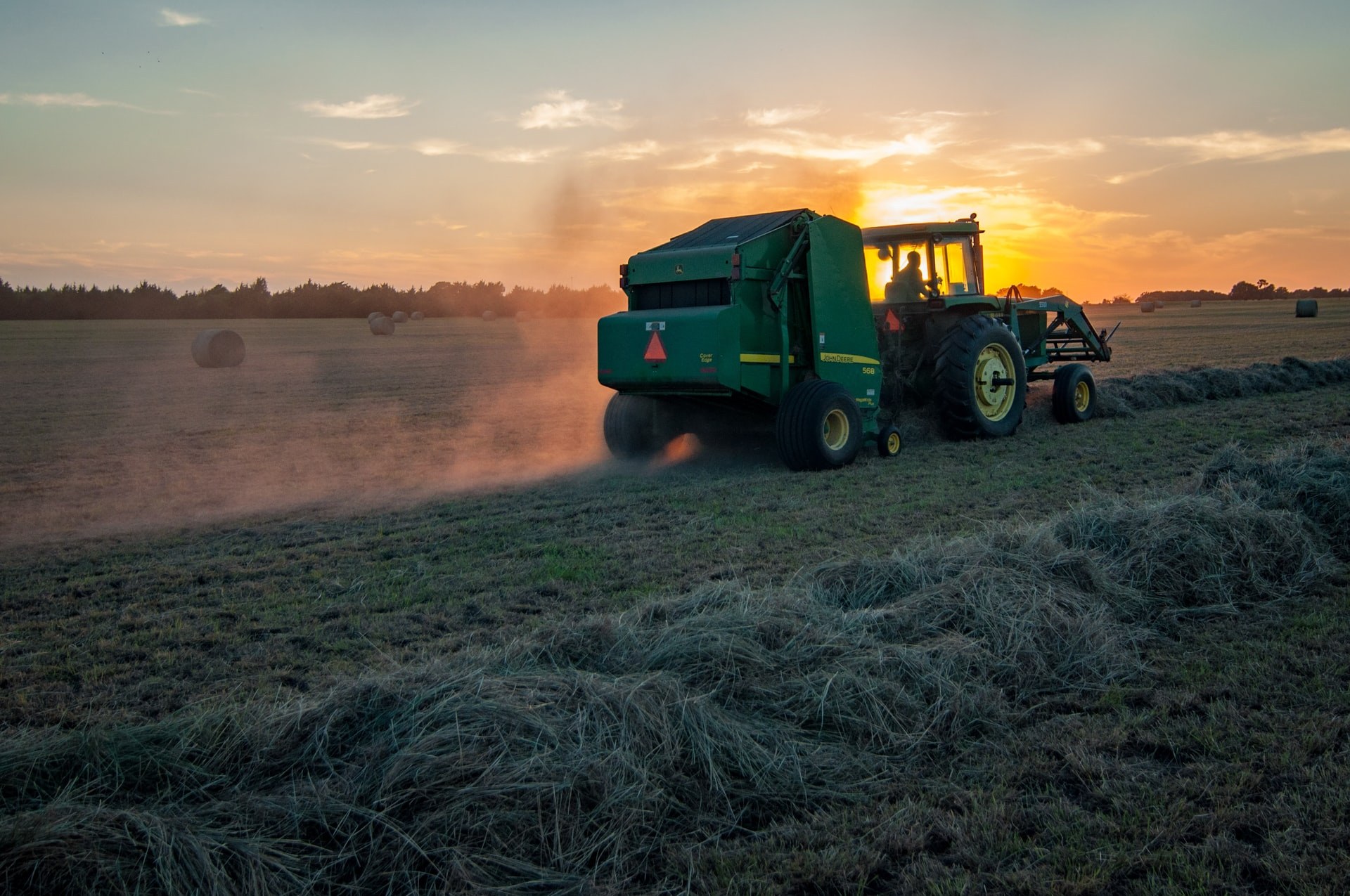By Laura Morreale, Policy Analyst
As we have previously discussed, the Ukrainian war has serious implications for global food security, including in Europe. It is therefore not a surprise that food security has acquired a renewed centrality on the world leaders’ agenda. On March 23, the EU Commissioner for Agriculture Janusz Wojciechowski delivered a speech on the adoption by the Commission of a Communication "Safeguarding food security and reinforcing the resilience of food systems".
The Communication focuses on granting the security of transportation and storage facilities in Ukraine, but also on the economic support to small farmers affected by rising cost of fuel and fertilizers, as well as to poorer citizens who cope with increased prices of food and energy.
At the global level, the topic has been addressed by G-7 leaders as well, who met on March 24 to discuss a strategy to cope with food shortages and rising prices. Representatives said they are ready to take action to counter both a drop in Ukrainian agriculture due to the war and a shortage for poorest countries that rely on supplies, especially those facing a humanitarian crisis. At the same time, they pledged to improve agricultural resilience “in line with climate and environment goals”.
Food insecurity and the environment
While policymakers are concentrating their efforts on ensuring supplies for regions more at risk, another question linked to both food security and the environment has emerged in the EU. Because of the war, the price of pesticides is rising worryingly as well. Russia is a major exporter of fertilizer to the EU, accounting for about 30% of these products in the European market.
As announced by Wojciechowski last Monday, the discussion on a new legislation aimed at reducing the use of pesticides in the EU has not been included in the March 23 agenda. The question has not been considered a priority in the light of the recent emergency. However, environmentalist groups complain that this situation is being exploited by farming industry lobbies to delay the adoption of a stricter regulation that would safeguard citizens’ health as well as the environment.

Enhancing green policies and local production
This war is showing the shortcomings of a strong dependency on food imports, but also on energetic sources and products used in the agricultural sector. The necessity to accelerate local production in response to the current crisis seems to suggest that environmental concerns on the use of pesticides should be, at least temporarily, put aside. However, in the long term, environmental-friendly policies are necessary to rethink our system of production and consumption and avoid, in the future, other food insecurity issues.
For example, investments on renewable energy would reduce dependence on polluting resources imports, from Russia and beyond. The ecological transition would therefore leave EU citizens less exposed to fluctuation of prices due to international events, a burden in particular for poorer citizens. Moreover, a clean environment is essential to produce local quality food for the internal market: polluted lands are likely to progressively decrease production.
If we intend food security in a sense broader than the mere access to food, the health component becomes of primary importance: consumers should have access to healthy food at affordable prices. For these reasons, any policy aiming at reinforcing the resilience of food systems should go together with an all-encompassing environmental transition.
